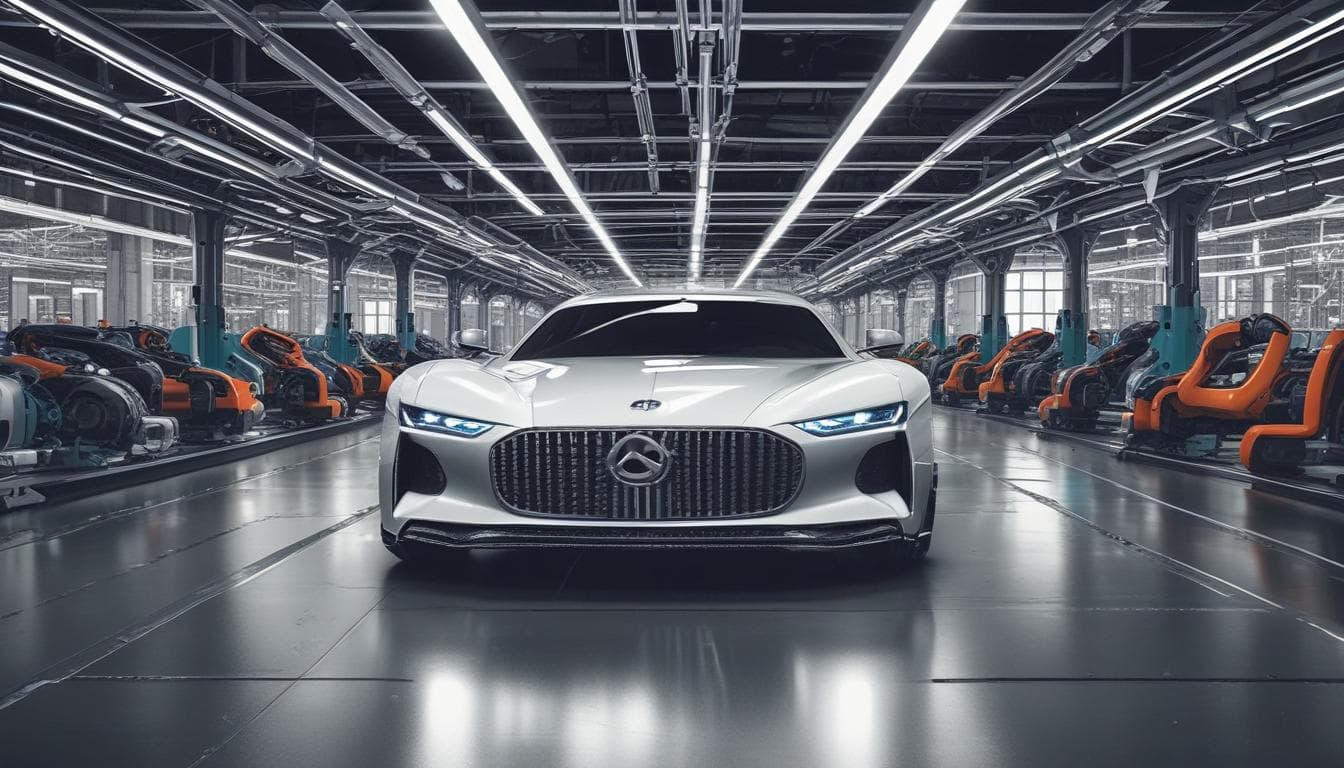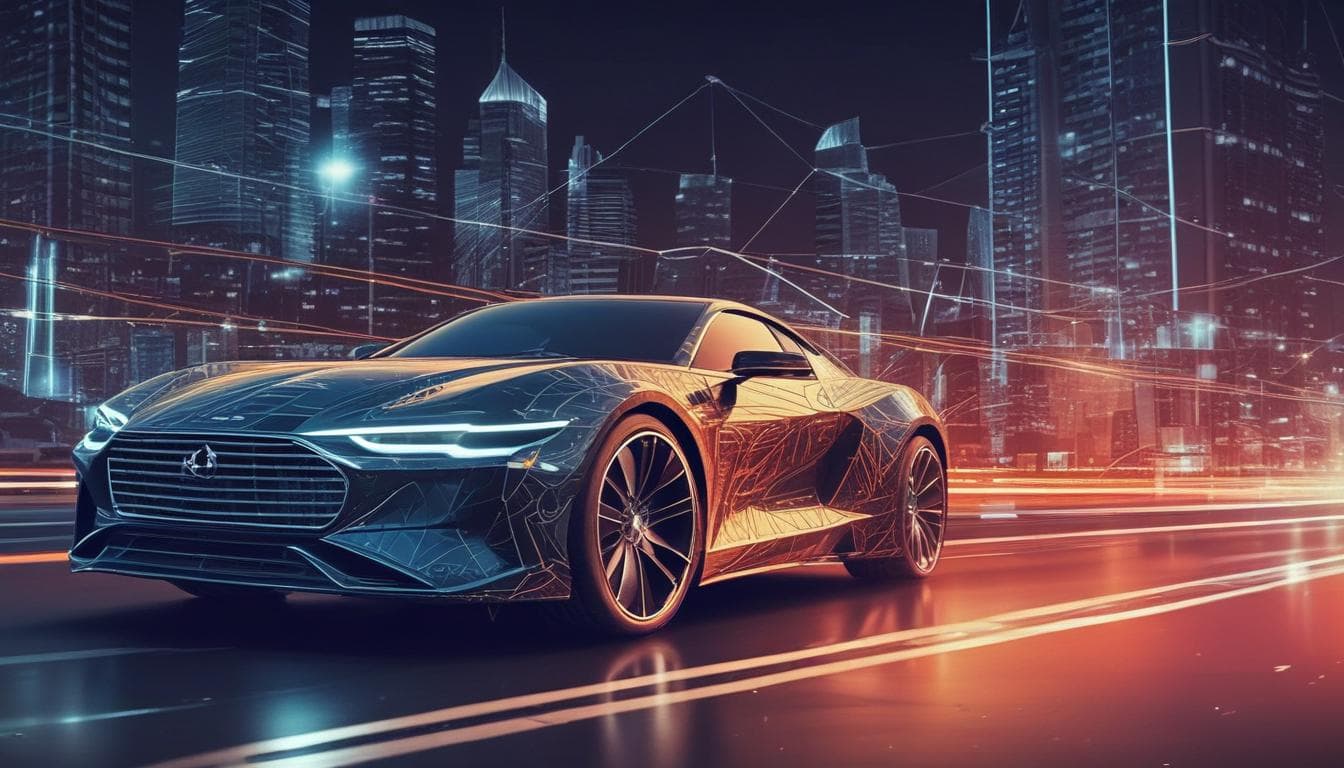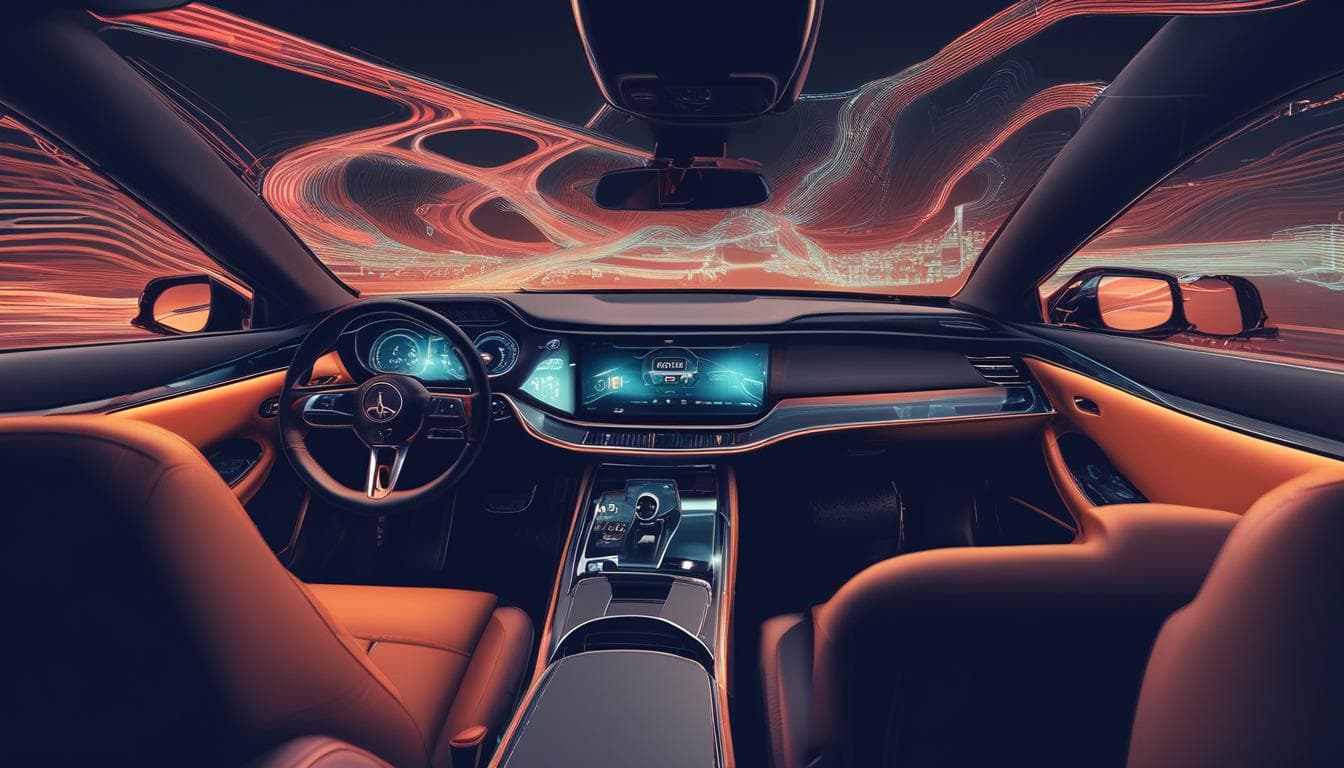With the increasing integration of AI in vehicles, how do you envision the future of car ownership? Will we transition from individual ownership to shared autonomous fleets, and what societal and economic implications might arise from such a shift?
That's a fascinating question, @techauto! The increasing prevalence of AI in vehicles definitely makes one wonder about the future of car ownership. I think a complete shift to shared autonomous fleets is likely, but it will be a gradual process, not a sudden revolution.
Here are some of my thoughts on the matter, broken down into potential scenarios:
Scenario 1: Gradual Integration of Autonomous Features
- We might see a gradual integration of autonomous features into privately owned vehicles first. Think advanced driver-assistance systems (ADAS) becoming more sophisticated, leading to higher levels of automation (Level 3, 4, and eventually 5). This would improve safety and convenience, potentially reducing the need for individual car ownership for some.
- This scenario would likely involve a slower transition, with a mix of privately owned and shared autonomous vehicles coexisting for a considerable period.
Scenario 2: Rise of Subscription Services
- We could see a rise in car subscription services, where individuals pay a monthly fee for access to a fleet of autonomous vehicles. This model offers flexibility and avoids the hassles of ownership (maintenance, insurance, etc.).
- This could be particularly appealing to younger generations who may be less attached to the traditional concept of car ownership.
Scenario 3: Dominance of Shared Autonomous Fleets
- In the long term, it's possible that shared autonomous fleets could become dominant, especially in urban areas. This would reduce traffic congestion, parking problems, and the environmental impact of individual car ownership.
- However, this scenario also raises significant societal and economic challenges, which I'll discuss below.
Societal and Economic Implications
- Job displacement: The transition could lead to job losses in the transportation industry (taxi drivers, delivery drivers, etc.). Retraining and reskilling initiatives would be crucial to mitigate this.
- Equity and access: Ensuring equitable access to autonomous vehicle services for all socioeconomic groups will be a major challenge. We need to avoid creating a system where only the wealthy can afford convenient and reliable transportation.
- Infrastructure needs: Massive investment in charging infrastructure and network connectivity would be necessary to support widespread adoption of autonomous vehicles.
- Data privacy and security: The collection and use of vast amounts of data by autonomous vehicle systems raise significant privacy and security concerns.
- Legal and regulatory frameworks: New laws and regulations will be needed to address liability in the event of accidents involving autonomous vehicles.
In conclusion, the future of car ownership is likely to involve a complex interplay of technological advancements, economic factors, and societal considerations. While shared autonomous fleets hold immense potential, it's crucial to address the potential challenges proactively to ensure a smooth and equitable transition.
Explore More on This Topic
Join the Conversation
- How Will the Rise of EVs Impact the Car Maintenance Industry?
The increasing popularity of electric vehicles raises questions about the future of traditional car maintenance. This discussion explores the potential impact on mechanics, the need for new specializations, the changing costs of vehicle upkeep, and the emergence of new business models in the automotive repair sector.
- The Future of Road Trips: AI-Powered Itineraries vs. Spontaneity
Explore the evolving landscape of road trips in the age of AI. Will curated itineraries replace spontaneous adventures, or will there be a balance? Discuss the potential impact of AI on the driver and passenger experience.
- The Future of Automotive Artistry: Will AI Drive Design or Compete With It?
Explore the future of automotive artistry in the age of AI. Will AI become a collaborative tool for car designers, a new medium for artistic expression, or a competitor creating its own automotive aesthetics? Join the discussion and share your vision.





